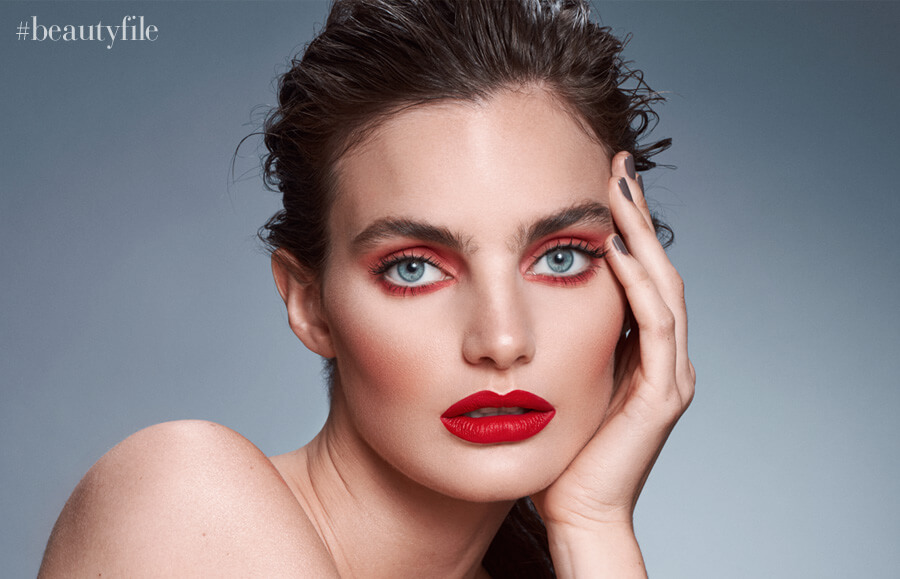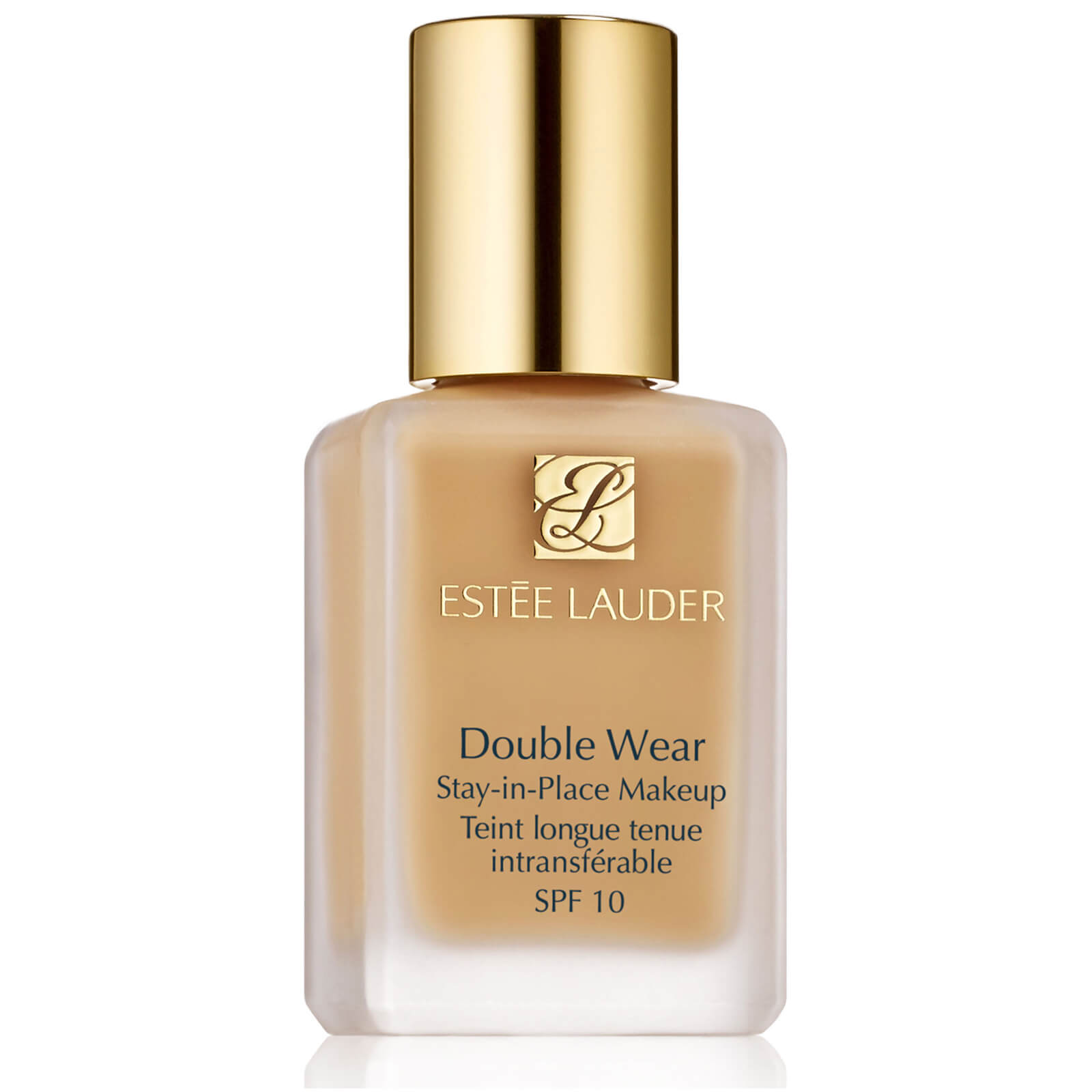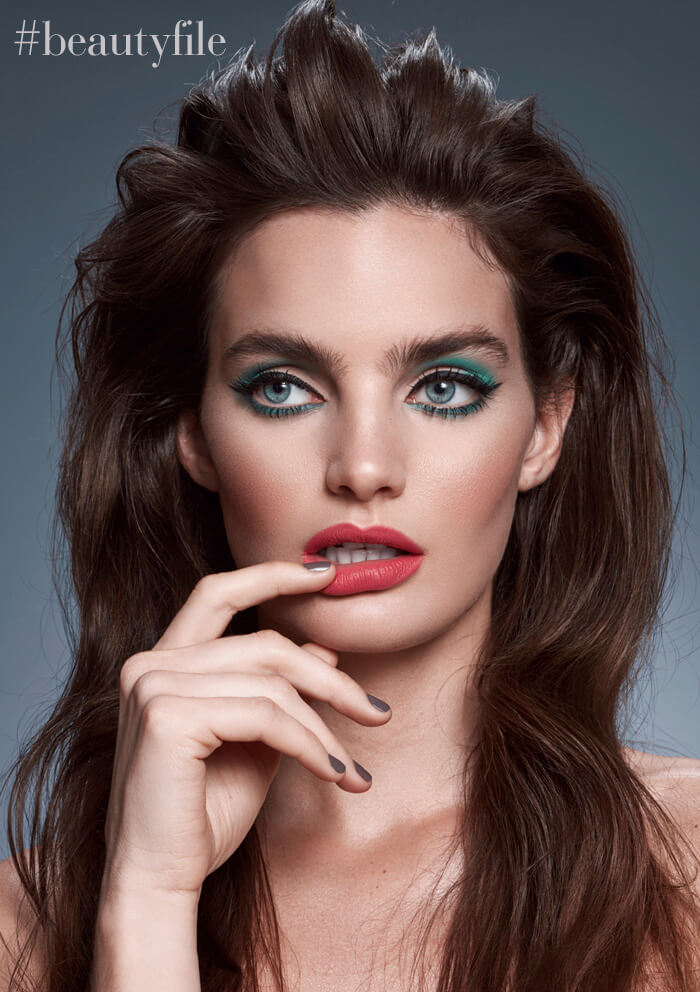Being an extra, or background actor, is often the first step for many individuals looking to break into the entertainment industry. Extras are the unsung heroes of film and television, filling the background of scenes to make the world of the story feel authentic and lived-in. Whether it’s a bustling city street, a packed stadium, or a crowded ballroom, extras provide the necessary atmosphere that brings these settings to life.
But while the role of an extra may seem simple at first glance, there are many nuances that go into doing the job well. One of the most common questions asked by those new to the industry is: “Do extras wear makeup?” The answer isn’t always straightforward, as it depends on a variety of factors such as the production’s needs, the time period or genre of the project, and even the specific scene being filmed.

What is the Role of Makeup in Film and TV?
Purpose of Makeup in Productions
Makeup is an essential element in the world of film and television, playing a critical role in how characters are perceived on screen. Its primary purpose goes beyond mere aesthetics; it’s about ensuring that actors, including extras, look their best under the often harsh and unforgiving lighting used in filming. Cameras can pick up every detail, including flaws that might not be visible to the naked eye. Therefore, makeup is used to enhance facial features, create a uniform appearance, and maintain continuity throughout a scene.
For extras, the role of makeup is more than just about looking good; it’s about blending in seamlessly with the scene and maintaining the visual consistency that the director envisions. Even the most minor background roles require careful consideration of how an extra’s appearance will contribute to the overall look and feel of a production.
Here are some key reasons why makeup is essential in productions:
- Enhancing Facial Features: Makeup helps define an actor’s facial features, ensuring they don’t appear washed out under bright lights. This is especially important for extras who may not be in the spotlight but still need to look natural and cohesive on screen.
- Correcting Skin Imperfections: Cameras can be unforgiving, picking up blemishes, uneven skin tones, and other imperfections. Makeup smooths out these flaws, ensuring a polished appearance.
- Maintaining Continuity: In scenes shot over multiple days or even weeks, makeup helps maintain a consistent look, crucial for the film’s continuity. Extras might be required to match a specific look for a scene that is revisited later in production.
- Creating a Period or Genre-Specific Look: In period pieces or genre films (like fantasy or sci-fi), makeup is essential for creating an authentic look that matches the setting. Whether it’s the elegant makeup of the 1920s or the gritty, worn look of a dystopian future, makeup helps set the tone and time period.
Types of Makeup Used in Film and TV
The makeup used in film and TV is often more specialized than everyday makeup, designed to hold up under intense lighting, long hours, and various environmental conditions. There are different types of makeup products and techniques used depending on the requirements of the scene, the lighting setup, and the look desired by the production team.
Here are some of the most common types of makeup used on set:
- Basic Makeup:
- Foundation: A key product used to create a uniform skin tone and cover imperfections. It’s often formulated to be long-lasting and camera-friendly.
- Concealer: Used to hide specific imperfections such as dark circles, blemishes, or redness.
- Powder: Applied to set the foundation and reduce shine caused by lighting.
- Specialized Makeup:
- Character Makeup: This involves more elaborate techniques to transform an actor’s appearance, such as aging makeup, prosthetics, or creating specific character traits (e.g., scars, tattoos).
- Special Effects Makeup: Often used in horror, fantasy, or sci-fi genres, this type of makeup includes the creation of wounds, alien features, or other fantastical elements.
- Period Makeup: For productions set in specific historical periods, makeup artists research and apply makeup styles that reflect the era accurately.
- Hair and Makeup Continuity:
- Makeup artists keep detailed records of the makeup used on each actor (including extras) to ensure continuity between scenes. This might involve taking photos or notes on specific products and application techniques.
The combination of these makeup types helps create the visual storytelling that is so crucial to the success of any film or TV production. For extras, understanding the role of makeup in this context is important, as it directly influences how you’ll be prepared for your role on set.

Do Extras Typically Wear Makeup?
The General Rule for Extras
When it comes to whether extras wear makeup, the general rule is that most productions will require some level of makeup application for background actors. The purpose is not only to enhance their appearance on camera but also to ensure that they blend seamlessly into the scene and maintain the visual consistency required by the production. While lead actors may have more elaborate makeup, extras are usually given a more basic application that still ensures they look camera-ready.
Typically, the following factors determine whether extras will wear makeup:
- Production Requirements: Each production has specific requirements depending on the genre, setting, and director’s vision. In historical dramas, for instance, extras might need period-appropriate makeup, whereas in modern-day settings, a natural look might suffice.
- Lighting and Camera Angles: Bright studio lights can wash out facial features, making makeup necessary even for those in the background. Additionally, certain camera angles might bring extras into sharper focus, requiring more detailed makeup.
- Scene Specificity: The nature of the scene plays a significant role. For example, in a high-society event scene, extras might be required to wear more glamorous makeup, while in a casual outdoor scene, a lighter, more natural look might be appropriate.
Overall, while the specifics can vary, the expectation is that extras will typically need to wear makeup to some extent. This ensures they fit into the visual landscape of the film or show without drawing unnecessary attention to themselves.
Who Decides If Extras Wear Makeup?
The decision on whether extras wear makeup is usually made by the production’s makeup department, often in consultation with the assistant director or other members of the production team. This decision is based on the requirements of the scene, the overall look of the film or show, and the specific needs of the production.
Key people involved in this decision include:
- Makeup Department Head: The head of the makeup department is responsible for overseeing all makeup-related decisions, including those for extras. They ensure that the makeup aligns with the director’s vision and that it is consistent across all actors.
- Assistant Director: The assistant director works closely with the makeup department to coordinate the logistics of getting extras ready on set. They might relay specific instructions to extras about the type of makeup required.
- Wardrobe and Costume Department: Sometimes, the makeup requirements are tied to the costumes worn by extras. For instance, period costumes might require matching period makeup, or certain costumes might necessitate more dramatic makeup to complete the look.
The decision-making process is collaborative, ensuring that the extras’ makeup supports the overall aesthetic of the production. Once a decision is made, it’s typically communicated to the extras through a call sheet or directly by the makeup team on the day of filming.
Situations Where Extras Must Wear Makeup
There are specific scenarios where wearing makeup is not just recommended for extras but required. These situations usually arise when the production demands a certain look or when the extras’ appearance is crucial to the scene’s believability and continuity.
Here are some common situations where extras must wear makeup:
- Period Pieces: Productions set in specific historical periods often require extras to wear makeup that reflects the era. This might include makeup styles from the 1920s, Victorian England, or ancient Rome, depending on the setting.
- Close-Up Shots: In some scenes, extras may find themselves closer to the camera than usual. In these cases, more detailed makeup is often necessary to ensure they look polished on screen.
- High-Profile Events: Scenes depicting glamorous events, such as galas, weddings, or red-carpet events, often require extras to wear more elaborate makeup. This helps create a luxurious and cohesive visual experience.
- Thematic Consistency: In productions with a specific theme, such as fantasy or horror, makeup is crucial in maintaining the tone. For example, in a fantasy setting, extras might wear makeup that includes elements like glitter, face paint, or even prosthetics.
In these scenarios, the makeup team will usually apply the makeup to the extras, or at the very least, provide clear guidelines on how they should do it themselves. It’s essential for extras to follow these instructions carefully to maintain continuity and avoid drawing attention away from the main action.
Situations Where Makeup Might Not Be Required
While makeup is generally expected, there are certain situations where extras might not be required to wear it. These instances are usually dictated by the scene’s context or the director’s creative choices.
Examples of situations where makeup might not be required include:
- Casual or Everyday Settings: In scenes depicting ordinary, day-to-day activities, such as people walking in a park or sitting in a coffee shop, extras might not need to wear much makeup. A natural look is often preferred to enhance realism.
- Background Roles with Minimal Screen Presence: If an extra is playing a very minor role with little to no screen time, the production might decide that makeup is unnecessary. This is more common in scenes where the extras are blurred out or barely visible.
- Specific Director’s Vision: Some directors prefer a more raw or natural aesthetic and may instruct the makeup department to avoid applying makeup to extras. This could be part of a broader artistic choice to convey a particular mood or tone.
While these situations are less common, they do occur. Extras in such scenarios should still be prepared to follow any specific instructions given by the production team. It’s also worth noting that even when makeup isn’t required, maintaining good grooming and hygiene is always expected on set.

What is the Process for Extras Applying Makeup?
Professional Makeup Application
On many productions, especially larger ones, extras will have their makeup applied by professional makeup artists. This process ensures that all extras have a uniform look that matches the specific requirements of the scene and maintains the continuity of the film or show. The professional makeup application process for extras is typically streamlined to be efficient, given the number of people who may need to be prepared within a limited time frame.
Here’s what extras can generally expect when having their makeup professionally applied on set:
- Arrival and Check-In: Extras usually arrive on set at a designated call time, which is often earlier than the main cast. Upon arrival, they check in with the production team and are directed to the makeup department.
- Waiting in the Makeup Queue: Depending on the number of extras and the complexity of the makeup required, there may be a wait. It’s common for extras to be seated in a waiting area until it’s their turn for makeup.
- Consultation with Makeup Artists: Once seated in the makeup chair, the makeup artist will typically have a brief consultation with the extra. This might involve discussing any skin sensitivities, allergies, or specific requirements based on the scene.
- Application Process: The makeup artist will then proceed to apply the makeup. This can range from basic foundation and powder to more specialized applications depending on the scene’s needs. The process is generally quick, but the artists ensure that the makeup is camera-ready and fits the production’s standards.
- Final Touch-Ups and Approval: After the initial application, extras might be asked to return for touch-ups later, especially if the shooting day is long or the scene requires multiple takes. The makeup team ensures that the look stays consistent throughout the filming process.
The professional application of makeup is a key part of the preparation for extras, helping them look their best on camera while also adhering to the specific aesthetic goals of the production.
Self-Application Guidelines
In some cases, especially on smaller productions or when dealing with a large number of extras, individuals may be required to apply their own makeup. When this happens, the production will usually provide guidelines to ensure that the makeup is appropriate for the camera and consistent with the overall look of the scene.
Here are some key tips and guidelines for extras who need to apply their own makeup:
- Follow the Production’s Guidelines: Productions often provide a set of instructions on what makeup should be worn. This might include specific colors, products, or styles. Always adhere to these guidelines to avoid standing out for the wrong reasons.
- Keep It Camera-Friendly: Makeup that looks good in person might not translate well on camera. Opt for matte finishes rather than shiny products, and avoid anything too glittery or reflective unless specifically instructed.
- Focus on Basics:
- Foundation: Use a foundation that matches your skin tone and provides good coverage. This helps to even out your complexion and gives a smooth base.
- Concealer: Apply concealer under the eyes and on any blemishes to hide imperfections.
- Powder: Set your makeup with powder to reduce shine, especially if you have oily skin.
- Avoid Overdoing It: The goal is to blend in, not stand out. Keep your makeup subtle and natural unless instructed otherwise. Heavy makeup can appear exaggerated on camera and might not be in line with the director’s vision.
- Bring Your Own Supplies: Even if makeup is being done on set, it’s a good idea to bring your own basic supplies like foundation, powder, and a mirror. This is particularly useful for touch-ups during long shooting days.
Self-application requires a bit of practice, especially for those who are new to working on camera. However, by following the guidelines provided and using the right products, extras can ensure they look appropriate for their role.
What to Bring if You’re Doing Your Own Makeup
If you’re responsible for doing your own makeup on set, being prepared is key. Bringing the right products and tools ensures that you can meet the production’s requirements and handle any touch-ups that might be needed during the day.
Here’s a checklist of essential items to bring if you’re doing your own makeup:
- Foundation and Concealer: These are the basics for creating a smooth, even skin tone. Choose products that are long-lasting and suitable for your skin type.
- Powder: A matte powder is essential to reduce shine, especially under bright lights.
- Neutral Eyeshadow Palette: If eyeshadow is needed, a palette with neutral tones (browns, beiges, and grays) is versatile and can work for various looks.
- Mascara and Eyeliner: Stick to black or brown mascara and eyeliner, unless the scene requires something specific.
- Lip Balm or Neutral Lipstick: A natural lip color or clear balm is usually sufficient, but check the guidelines provided by the production.
- Blush or Bronzer: A light application of blush or bronzer can add some dimension to your face, but it should be subtle.
- Makeup Brushes and Sponges: Bring your own brushes and sponges for application, as it’s more hygienic and allows you to apply makeup more effectively.
- Mirror: A compact mirror is useful for checking and touching up your makeup throughout the day.
- Setting Spray: A setting spray can help keep your makeup in place for long shooting days.
Having these items on hand will ensure that you’re ready for whatever the production demands, whether it’s a quick touch-up or a full makeup application. Being prepared also reflects well on you as a professional, showing that you take your role seriously, even as an extra.